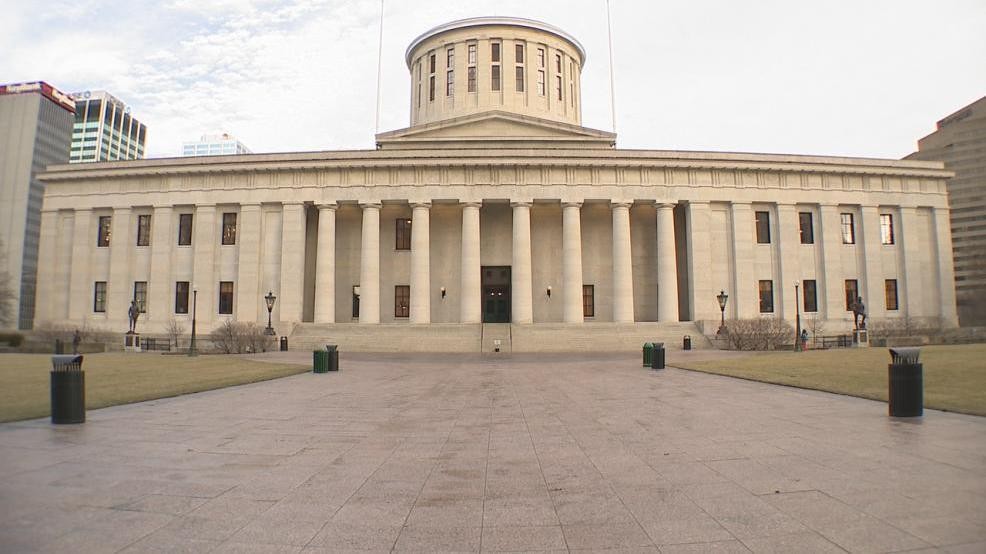Two bills have been introduced in the Ohio House of Representatives in response to the COVID-19 pandemic. The first would allow first responders who contract the coronavirus to make a workers’ compensation claim. The second would apply more broadly to any employee. Specifically, H.B. 573 and H.B. 571 propose amending Ohio’s workers’ compensation laws—Ohio Revised Code section 4123.68—to include COVID-19 on the list of scheduled compensable occupational diseases. Under Ohio law, “occupational diseases” are those harmful effects caused by an employee’s repeated work-related exposure to employment conditions which create a greater hazard to the worker than to the general public.
Both bills propose identical language creating a rebuttable presumption that employees, who were required to work outside of their homes during the state of emergency that was declared on March 8, 2020 and who became ill with COVID-19, contracted the virus in the course of their employment. The key difference between the two bills is the category of employees that would be eligible for the proposed presumption. H.B. 573 would apply broadly to any employee who was required to work outside of his or her home during the state of emergency. However, H.B. 571 would only apply to “peace officers, firefighters, and emergency medical workers.”
Under either bill, law enforcement officers employed in Ohio who contracted COVID-19 between March 9, 2020 and 14 days after the state of emergency ends would be eligible to make a workers’ compensation claim and invoke the presumption that they contracted COVID-19 in the course of their employment. To rebut that presumption, the employer would have to present “affirmative evidence” of another cause of the officer’s development of COVID-19. If the employer does so successfully, then the burden of proof would shift back to the officer.
The Ohio legislature has not yet voted on H.B. 573 and H.B. 571. However, the enactment of either bill would significantly impact Ohio law enforcement officers and other first responders who continue to serve our communities while placing themselves at a higher risk of contracting COVID-19.

